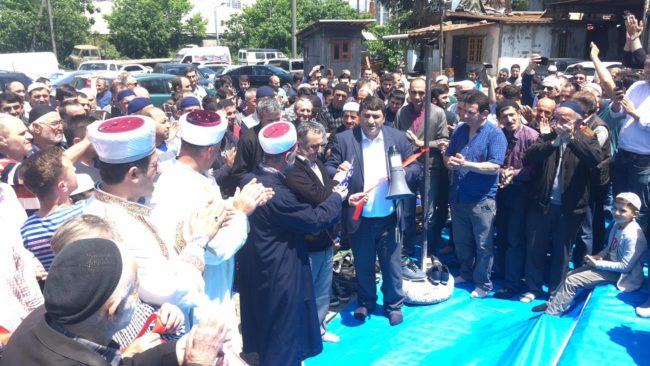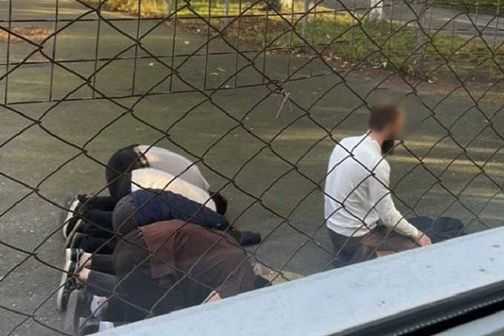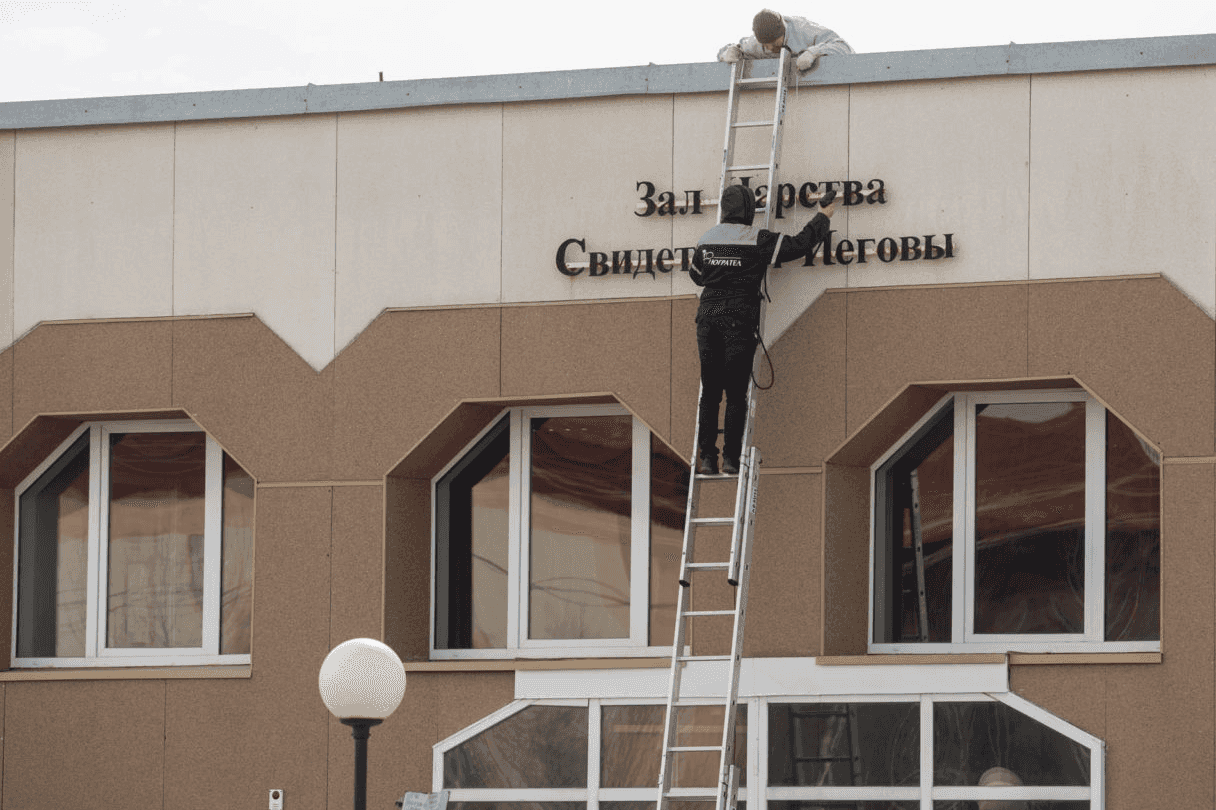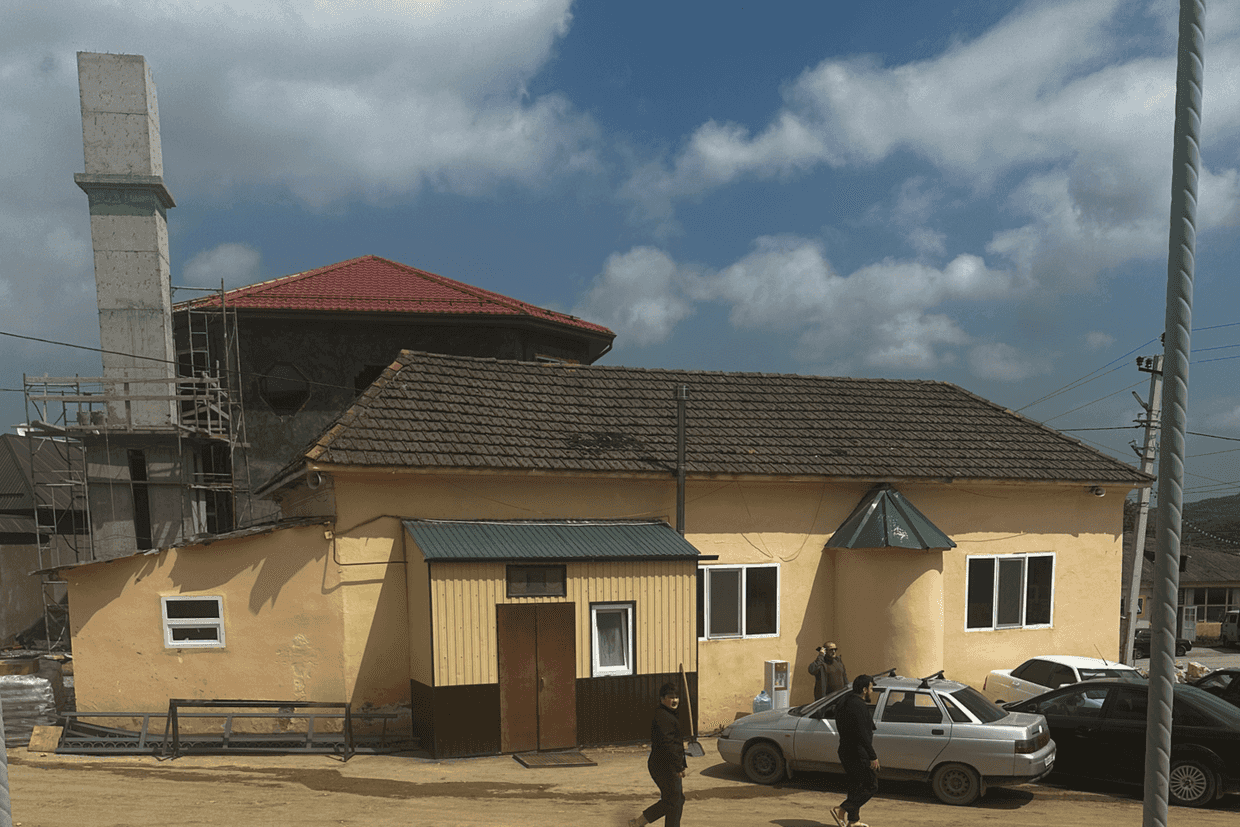

 Georgian Muslims in Batumi held a protest on 26 May in the form of a ‘mosque opening ceremony’, on an empty plot of land. The community was refused permission to build a mosque on the site by Batumi City Hall on 11 May.
Georgian Muslims in Batumi held a protest on 26 May in the form of a ‘mosque opening ceremony’, on an empty plot of land. The community was refused permission to build a mosque on the site by Batumi City Hall on 11 May.
The ‘mosque’ was officially opened on Friday, the day before the beginning of the fasting month of Ramadan, with the community gathering for joint prayers.
According to Tariel Nakaidze, head of the Georgian Muslim Union, prayers will be performed on the site throughout the month of Ramadan.
‘The Friday prayers today and in the following days throughout the fasting month will be held on the allocated site, and the beginning of the construction of the mosque will be officially announced on this site’, Nakaidze said.
The community claims that the city’s only current mosque, Orta, is too small to accommodate the local Muslim population, and that every week during Friday prayers worshippers are forced to stand outside. Despite repeated promises from the local and central governments, the problem has remained unresolved.
In 2016, the community collected money and bought land to construct a second mosque, and applied to Batumi City Hall to issue a construction permit. Batumi City Hall rejected their application, arguing that the area is a high density residential zone, and is not suitable for construction of a religious building.
According to Nakaidze, the City Hall’s decision is discriminatory, because other religious buildings in the area have faced no such problems.
‘In the area the City Hall says is a residential zone, where it is not permitted to build religious buildings, there are exactly seven churches’, he said.
Georgia’s Public Defender Ucha Nanuashvili says that the Public Defender’s Office has already requested information from Batumi City Hall about why it refused to allow the construction of the mosque.
The Muslim community is also planning to involve Georgian rights groups in the issue.
Local rights group the Human Rights Education and Monitoring Centre claims that the City Hall’s rejection letter didn’t properly explain their reasoning.
[Read on OC Media: Muslims in Batumi are becoming impatient for second mosque]









